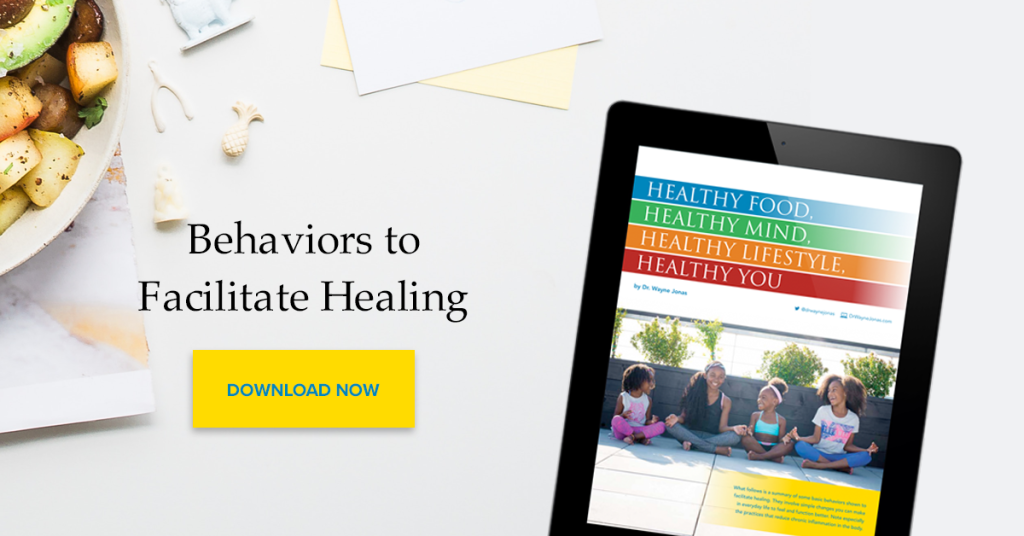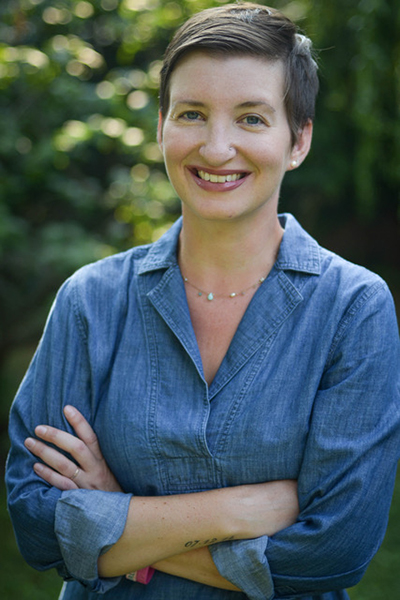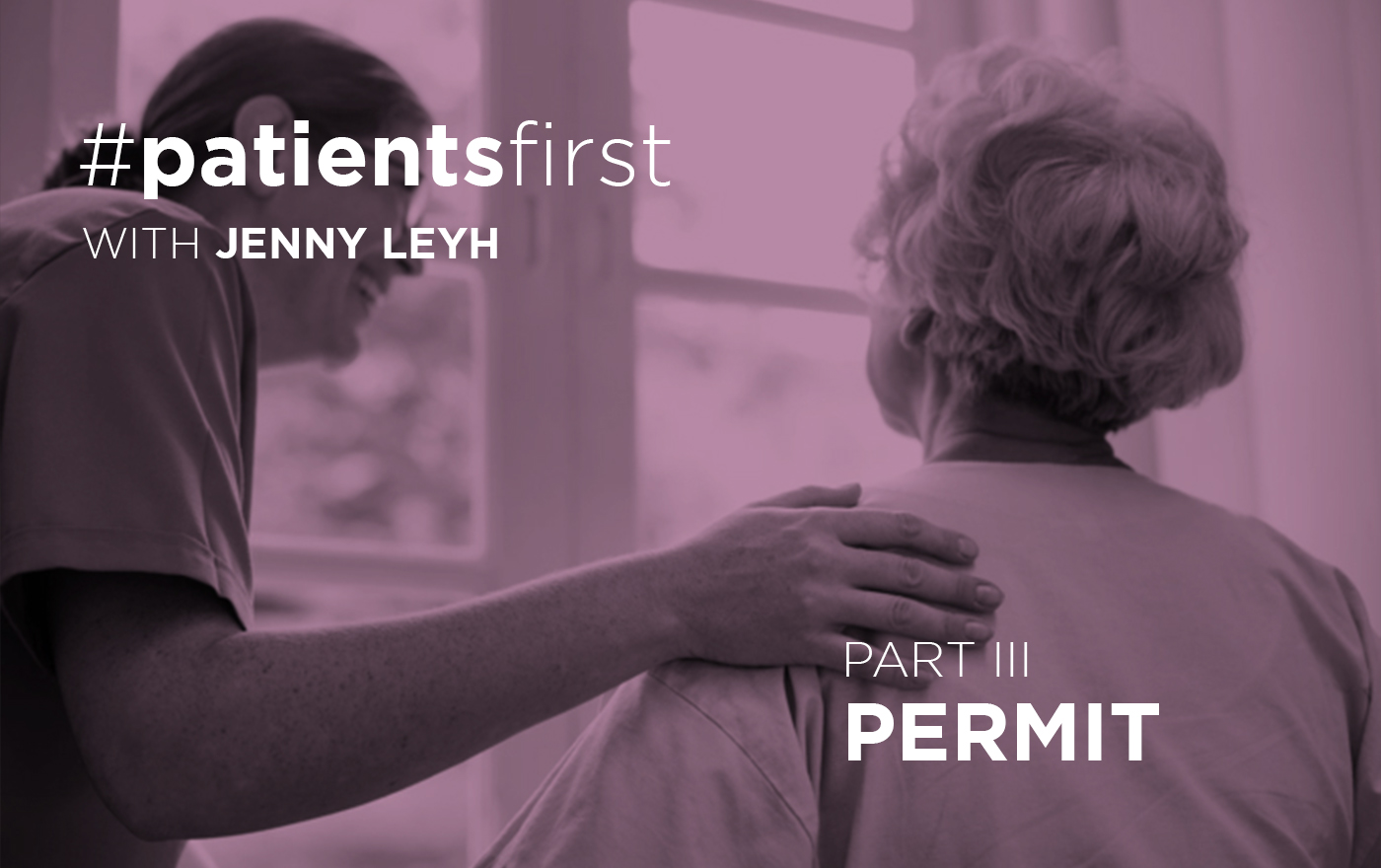Once taboo in the medical industry, a growing number of doctors and other health care providers are recognizing the value of complementary and alternative (CAM) therapies as treatment options for their patients. While not all go out of their way to recommend alternative therapies, one who has at least an open mind toward CAM should be a baseline in your search for a primary care provider. In this article, we’ll explore two kinds of permission. The first is your health provider’s acceptance of your interest in CAM practices. The second is your health provider’s permission to explore such practices in a manner that is safe and won’t interfere with any other treatment plans or underlying conditions you may have.
Passing the Eye Roll Test
If you mention taking supplements or trying acupuncture to your physician, physician assistant (PA) or nurse practitioner and get an eye roll or a quick “no,” chances are that person is not going to be an optimal integrative health partner. While he or she may not go out of their way to recommend CAM practices, your primary care provider should at least accept your desire to explore treatments outside of conventional methods.
Enlist them as an expert to help you navigate practices that support your healing journey. Just as your provider promotes conventional screenings to monitor your health, there are also proven alternative therapies that can help manage things like pain and stress. And your doctor or other health care provider should at least acknowledge the validity of those practices.
And it’s worth noting that some CAM methods—such as the use of probiotics, and practices that promote mindfulness to reduce stress—have transitioned into mainstream medicine as more and more studies have proven their clinical efficacy. So what’s alternative today might just end up being on the cutting edge of tomorrow’s best practices.

Permission to Participate
Your primary care provider should also permit you to be empowered when it comes to your health. As we will explore in the partnership installment of this series, the role you play in your health is equally as important as your health care providers’ roles, and they need to make space for you within your health journey.
Permitting you to become empowered is key. If you are engaged in your own self-care and are involved that is a core part of being able to heal.
“The power of belief, meaning, and ritual—what I refer to as the meaning response—is crucial to the overall healing journey of a patient,” says Dr. Wayne Jonas, author of How Healing Works.
Safety First
Some CAM practices—such as vitamins and supplements, and homeopathy—can have potential interactions with medications, may be harmful if you have a particular medical condition, or have adverse effects on health. Since your health care team should protect you from potentially harmful practices, it’s important to get their permission before working certain CAM practices into your health plan.
Dr. Jonas points to the example of fad diets. With so many different ways to lose weight and supplements that supposedly support your efforts, it can be confusing at best—and harmful at worst—to figure out what actually works. A good provider should be able and willing to help you to reach your goal by looking at the evidence and determining if the treatment poses any real benefits or harmful risks.
“We as physicians want to encourage the use of self-care,” says Dr. Jonas. But he notes that it’s important to tell your provider when you make major lifestyle changes like changing to a new diet. Your provider can help you follow the diet in a way that doesn’t get you into nutritional trouble. For example, if it’s taken to such extremes that you overindulge in something you shouldn’t, become deficient in a nutrient or lose too much weight.”
Keeping an open line of communication with your doctor about the treatments you are using as well as certain lifestyle choices such as diet and exercise is critical in your individual health journey. These are all pieces to the puzzle and in order for your doctor to treat you, they need to be aware of all of the pieces.
For more information, check out the Natural Products Database is a great resource for exploring the effectiveness of certain supplements. The database also tests for nutrients, interactions, and potential adversities.
Click here for the full Patients First Series.

Meet Jenny Leyh
Jenny Leyh is a mother, freelance writer, cancer survivor and integrative health advocate living in Haddon Heights, New Jersey.

